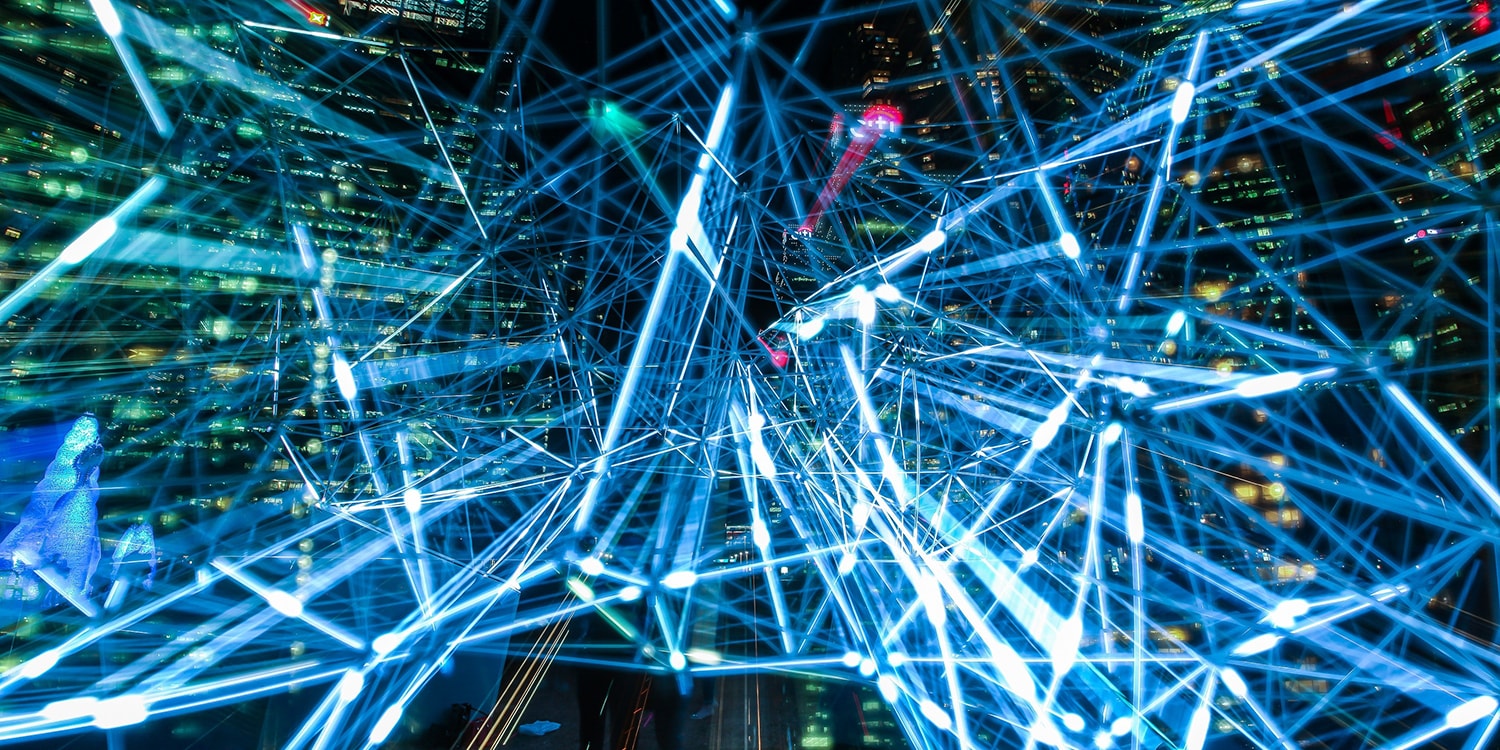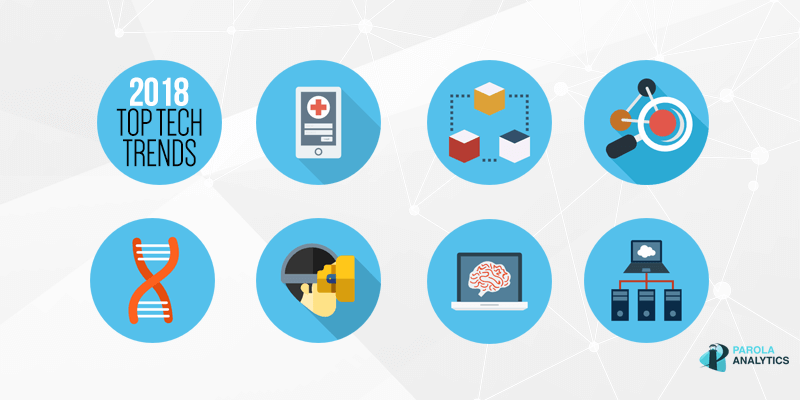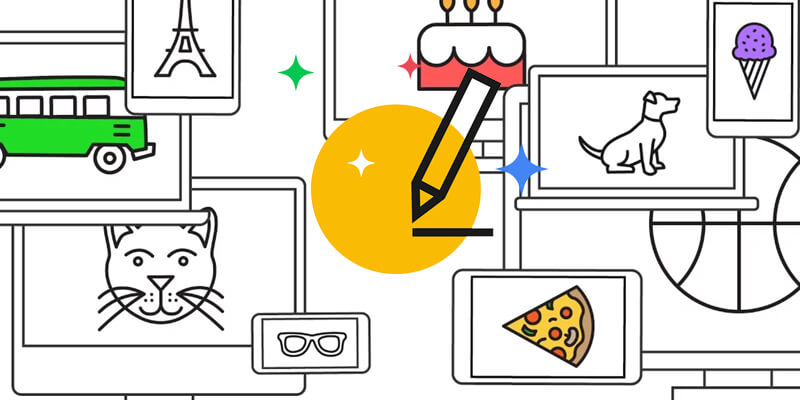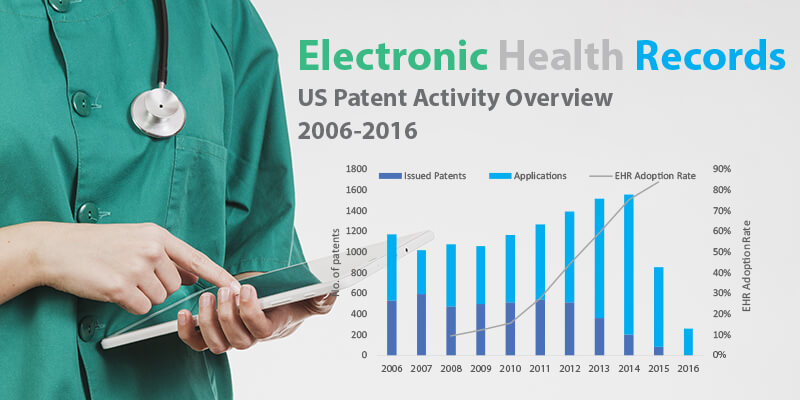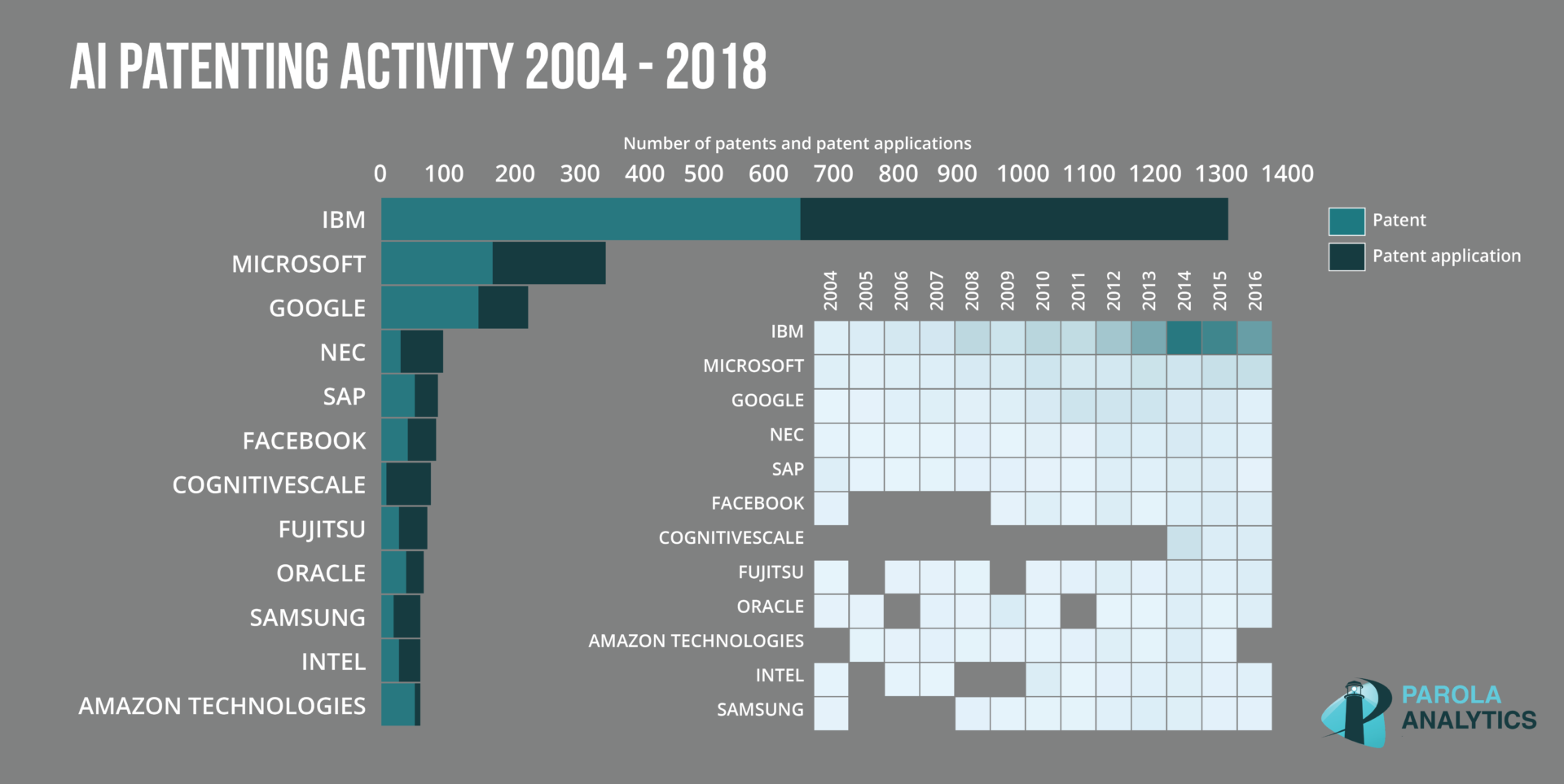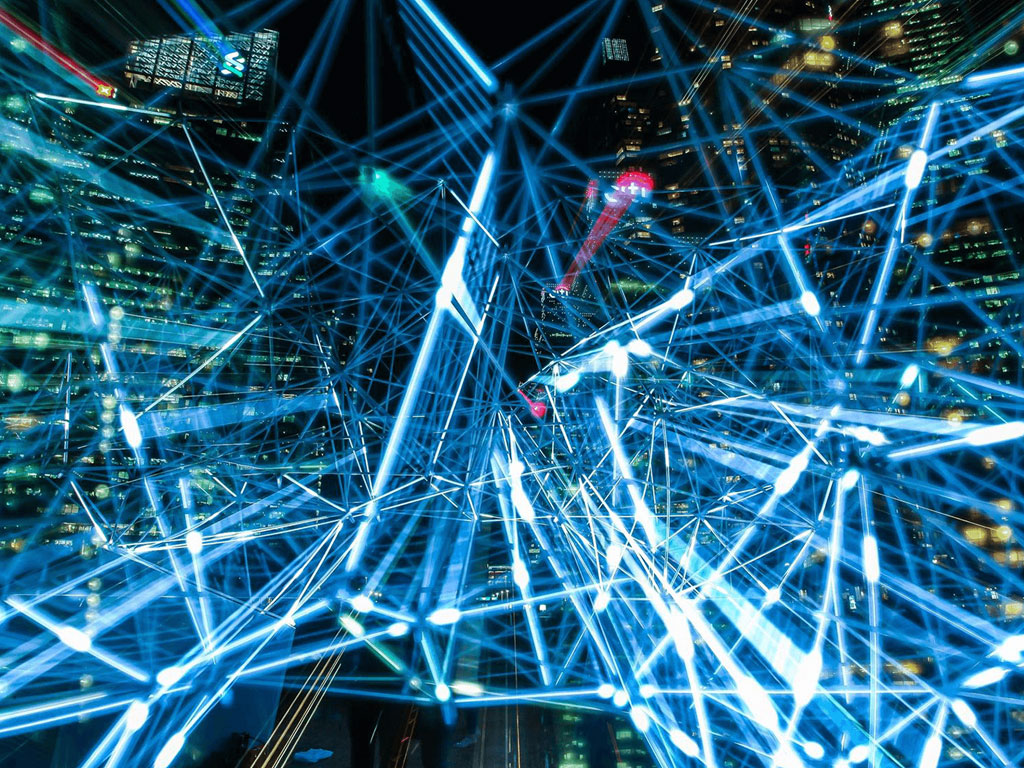The following questions relate to serious and often disconcerting artificial intelligence issues that make many of us anxious and unsure about the place where we’re headed. While some of the questions raised were written tongue-in-cheek, the cheeky humor can’t mask the seriousness of the potential perils that AI pose, no matter how many people say that those concerns are overblown. So, please enlighten us and tell us why we shouldn’t worry.
Q: Will we still have a choice?
A: With AI, companies can now predict more accurately how each one of us will respond to certain stimuli based on each of our personal data. So, not only do they have a record of our past, but they’re finding out more about our most personal needs and wants. They can now pretty much predict what future choices we’re likely to make, and whether in the future we’ll always be saddled with debt or if we’re likely to switch to a competitor’s product or service.
Artificial intelligence is either already being used or likely to be used soon to decide what options are available for us based on our credit history, what information we can see based on our digital search history, whether we should be rejected for certain jobs based on a company’s company-fit algorithms, who our most suitable mates will be, or whether a robot companion would be more suitable for some of us, etc.
In short, non-sentient beings will decide our future or judge if we don’t have one even before we start based, for example, on our genomics data and the history of our relatives’ lives.
Are we destined to suffer this fate?
Q: Does the limit exist at all?
A: We expect that AI’s capabilities will only continue to grow with time. Is there a theoretical limit to how intelligent it can be or how much learning it can do?
Q: But pardon me, how else would businesses survive?
A: It’s reasonable to assume that the better AI becomes at learning, the faster its rate of learning will be. So, it’s possible that in 10 years, AI will have developed many human skills at human expert levels that we presently think would be difficult for an AI to replicate. If this turns out to be true, then it’s possible that every year or so, a certain type of human skill or expertise will be matched or exceeded by an AI.
This means that even those jobs often touted as most difficult to automate or replace by an AI (e.g., clergy, judge, politician, professional athlete, pre-school teacher, doctors, mental health and substance abuse workers, occupational therapist, etc.—Is yours one of these?) are bound to be handed over to an AI.
Also, considering the types and how few those safe-for-now jobs are, what does it matter if they’re hard to replicate by an AI since most of us don’t stand a chance of becoming a professional athlete anyway and most of us probably don’t have the inclination to be a pre-school teacher or a clergy (But hey, beggars can’t be choosers, right?) Also, despite some claims that AI can’t do jobs that require empathy well enough, hospital patients are loving robot nursing assistants in Japan!
So, if most of us will soon end up unemployed, how can businesses survive if nobody has money to buy anything because we’re all jobless?

]Q: Do you think it’s true we don’t need no stinking killer AI because we will do it ourselves?
A: Yes, if you’ve read item #3 above, you’d know that we’re all going to be jobless sooner or later. Because we’ll spend all our time asking why we exist when we’ve all become jobless hobos, none of us, except Jeff Bezos, Sergey Brin, Larry Page, and a few others, will be able to afford to have kids. So, when we die, no more humans to take our place.
Q: Is that really true?
A: Actually, yes, but for a different reason. Sexual reproduction will probably be banned in the future because AI will discover, after running millions of parallel deep learning processes, that it is highly inefficient and not a good use of our time. Also, they will soon be able to make babies using DNA synthesizers anyway, if they need to.
Q: Are they just pulling our legs when they say artificial intelligence will make us smarter and stronger because all those implants they’ll insert into our brains and bodies through nano-something will turn us all into amazing androids? Also, are we all really going to live forever when we become androids?
A: First of all, you need to ask yourself, is your present and any other potential jobs listed in the Top 10 Hardest Jobs to be Replaced by an AI? If so, you’ll likely going to remain employed only for about 6-7 more years, max. Beyond that, sorry, you won’t be able to afford to pay for any implants that will turn you into an amazing, immortal android because there aren’t going to be any more jobs for you forever and ever (Not convinced? Please read item #3 again.).
I’m not really sure about that. That’s just horrible.
Q: Isn’t it strange that computer programming is not on the list of many Top 10 Last Remaining Jobs to be Taken Over by Mr. AI? Else, why would Tm Cook keep saying “We should all learn how to code.”? He has a lot of very smart people doing research for him all the time, so he must know something many of us don’t.
What? Excuse me, what do you mean Tim Cook actually meant “We should all learn how to ‘could’”?
A: To answer first question, not really strange. Computer programmers kind of already know this is going to happen. They’re now creating AI that creates other sorts of AI, AI that writes code and performs debugging, self-evolving AI or AI that improves on its own, etc. It’s bound to happen. “Good morning, I’m the new hire, the AI you worked so hard to perfect. Thank you for creating me. Good luck with your job search. Goodbye! 😊”
So, to answer your second question, when they say Tim Cook actually meant that we should all learn how to “could,” he meant something like this: “Hi, I’m Tim Cook. Our new AI is still undergoing training. Could you do this or could you do that? If so, we’re willing to pay you for 1.75 hours’ worth of work.”
Q: Do you really believe AI advocates when they say AI will actually make our lives better because it will do all sorts of things for us, so we can focus on the more important things?
They sometimes sound very much like those people in the movies who say “Don’t worry, dear. Everything will be okay.” We know quite well that people who say that are probably just prepping you for the worst that’s already knocking on your door. So, we’d like to know.
A: Thing is, when we say “more important things” in a work setting, we usually are referring to creative, complex, sophisticated, probably highly-specialized, expert level, or CEO-level tasks still not within AI’s grasp. But how many out of the billions of people on earth are actually qualified to do those “more important things”? Just saying.
